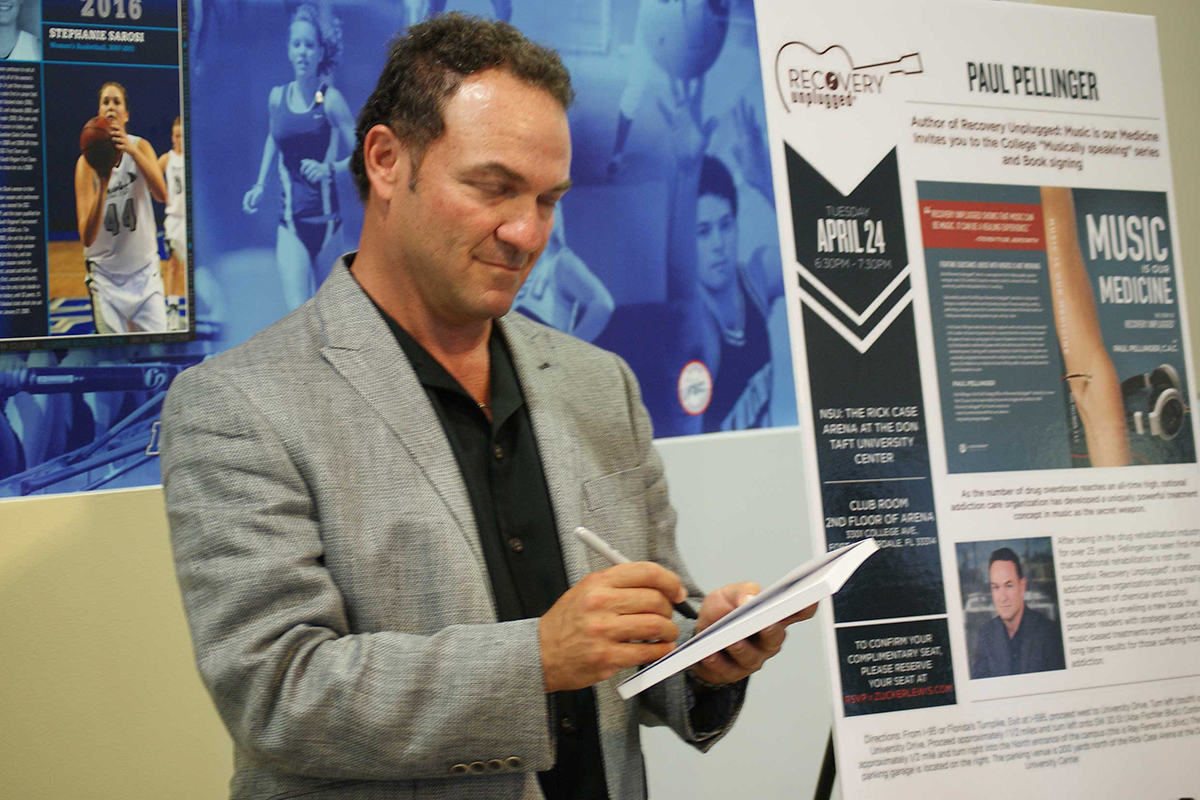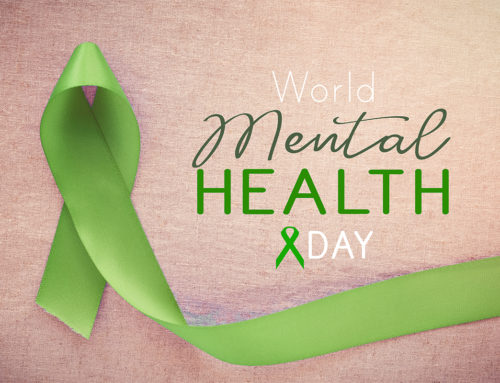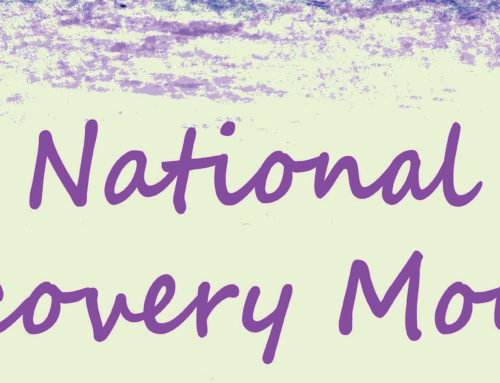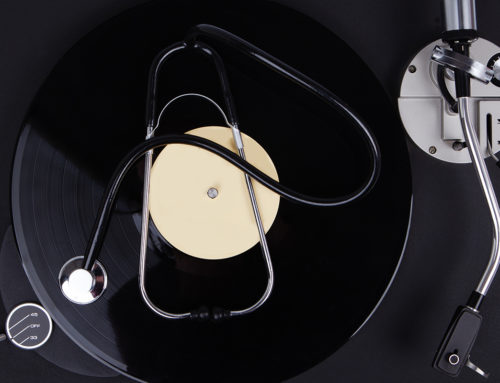Right now there is a documentary making its way through the Netflixverse called Satan and Adam that is, by all accounts, a must-see for music lovers and general audiences alike. Without offering too many spoilers, the piece tells the story of the unlikely yet somehow completely natural collaboration between legendary African American blues musician Sterling “Mr. Satan” McGhee and Caucasian harmonica player and blues scholar Adam Gussow that was born in the streets of Harlem during the height of racial tensions in the late 1980s. It chronicles their journey from neighborhood storefront to national stage, all the while punctuating an inherently fragile bond that was made ever stronger by the music that Satan and Adam came together to create. You’ll undoubtedly have the opportunity to see the documentary yourself, but I wanted to take my own opportunity to draw parallels between its content and the work we use music to heal here at Recovery Unplugged.
Echoing the Recovery Unplugged Message
As someone who has committed myself to consistently illustrating music’s ability to heal and unite, and built Recovery Unplugged around these exact ideas, I would be remiss if I didn’t offer Satan and Adam as an enduring example. There are multiple ways in which music shaped, defined and improved these two men, both individually and collectively. Their musical partnership was formed at a time in which tribalism and social injustice were literally and figuratively setting Harlem’s streets on fire; yet the irresistible pull of music willed them to come together, rising above death threats and the most inflamed racial tensions.
Beyond the cultural and political elements, we also see music healing both of these men, specifically Mr. Satan, on a very literal and direct level. At one point, we see an essentially broken Mr. Satan retreat into mental illness, and rendered unable to achieve basic physical dexterity in his hands, slowly brought back to life at his nursing home when a member of the staff coaxes him into playing some of his songs on guitar. Eventually, through playing, rehearsal and consistent engagement with music, we see the light return to Mr. Satan’s eyes, his sense of purpose restored and physical strength return—he even winds up reuniting with Adam and playing live performances again after a years-long absence from the stage. We also see, at various points in the film, a lost and uncertain Adam successfully guided by a musical compass that never once steered him wrong.
It is this demonstrable and quantifiable progress through musical engagement that Recovery Unplugged sees in clients struggling with substance use disorder who often start off at their most desperate. Through proven and evidence-based clinical therapies, we’re able to trigger positive emotions, rebuild confidence and improve clients’ physiological function. Satan and Adam directly reinforces the clinical and cultural viability of music to heal, balance mental health and restore purpose—something Recovery Unplugged does every day. We see how music unites people from all walks of life, not only in the streets, but during our group sessions, live performances and open mics. In a story in which music was able to once again cross racial barriers and bring people together, the proof of music’s ability to heal physically and mentally was also very much black and white.







